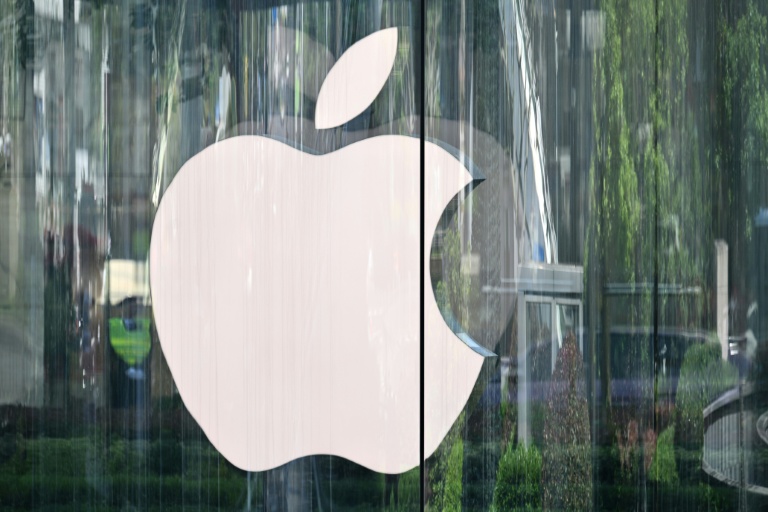Apple Loosens App Store Rules Amid Court Pressure

On Friday, Apple eased its App Store payment policies following a critical court ruling, and Spotify promptly took advantage of the new situation.
Apple revised its App Store guidelines to inform developers that they can now include links directing customers to external payment systems. This change enables individuals to purchase apps listed on the U.S.-based online store directly from third-party platforms instead of using the App Store for payments.
The regulation modification occurred merely two days following when a U.S. judge alleged that Apple was resisting an instruction to ease its control over the App Store’s payment system to such an extent that it might warrant criminal proceedings.
The music streaming platform Spotify announced on Friday that Apple has approved an update enabling them to display transparent pricing details and provide direct links for purchases within their application through the U.S. App Store.
"Consumers, artists, creators, and authors have reason to celebrate as Apple has approved Spotify’s US app update," the Swedish company stated in an announcement on X.
Today marks an important landmark for developers and entrepreneurs across the globe who aspire to create and contend on a more equitable battlefield.
Tim Sweeney, CEO of Epic Games, posted a congratulatory message alongside Spotify’s announcement, praising them as “the first significant iOS application to utilize its legally required ability to engage in direct digital transactions with consumers without facingApple’s obstructive tactics, interference, or so-called ‘Apple Tax’!”
US District Court Judge Yvonne Gonzalez Rogers determined that Apple deliberately breached her ruling from the previous trial by introducing additional obstacles for competitors within the App Store and allegedly misleading the court during these proceedings.
Judge Gonzalez Rogers ruled that the injunction should be implemented.
A representative from Apple informed Romero.my.id that they firmly disagree with the judge's ruling and plan to appeal to a superior court, although they will comply for now.
- 'Junk fees' -
The company behind Fortnite, Epic, initiated this case in 2021 with the intention of challenging Apple's control over the App Store. They accused Apple of monopolistic behavior regarding transactions involving digital products and services within their platform.
Following the trial, Judge Gonzales Rogers determined that Apple’s management of the App Store does not constitute a monopoly. However, she mandated that Apple should permit developers to provide links directing users to alternative online platforms for purchasing content or services.
The judge determined that Apple’s reaction to the trial mandate involved introducing additional hurdles and stipulations, such as “frightening warning screens,” aimed at deterring individuals from making digital acquisitions outside of its App Store.
Sweeney stated in an X post that Apple’s 15-30 percent ‘junk fees’ are equally defunct in the United States as they are in Europe due to the Digital Markets Act.
The legislation, implemented last year in Europe, mandates that companies like Apple and other major U.S. technology corporations must allow more competitors onto their platforms within the region.
- Courting developers -
Apple is prioritizing the expansion of its services division as the tech giant aims to decrease its dependence on iPhone sales for income.
The division encompassing Apple’s TV and music streaming services, alongside revenues from the App Store and proceeds from iCloud data storage, currently makes up over one-quarter of the corporation's total earnings.
According to Apple, the modifications in the App Store will permit developers to utilize alternative payment methods without having to pay fees or commissions.
"Whatever revenue Apple was getting, it is not worthwhile for them to continue to look as if they don't have the developers best interest at heart," said Creative Strategies analyst Carolina Milanesi.
In June, Apple plans to woo app creators during its yearly developers conference.
"There's still a lot of revenue coming in from subscriptions, iCloud and more, so this is not the end of the App Store being a good source of revenue for Apple," Milanesi said.
Most apps in the App Store make their money from ads, and Apple shares in that revenue, according to the analyst.
"And for smaller developers, the App Store is still the best way to reach consumers without having to invest the kind of money that an Epic Games or Spotify can invest in setting up alternative payment methods," the analyst added.
gc/jgc
0 Response to "Apple Loosens App Store Rules Amid Court Pressure"
Post a Comment